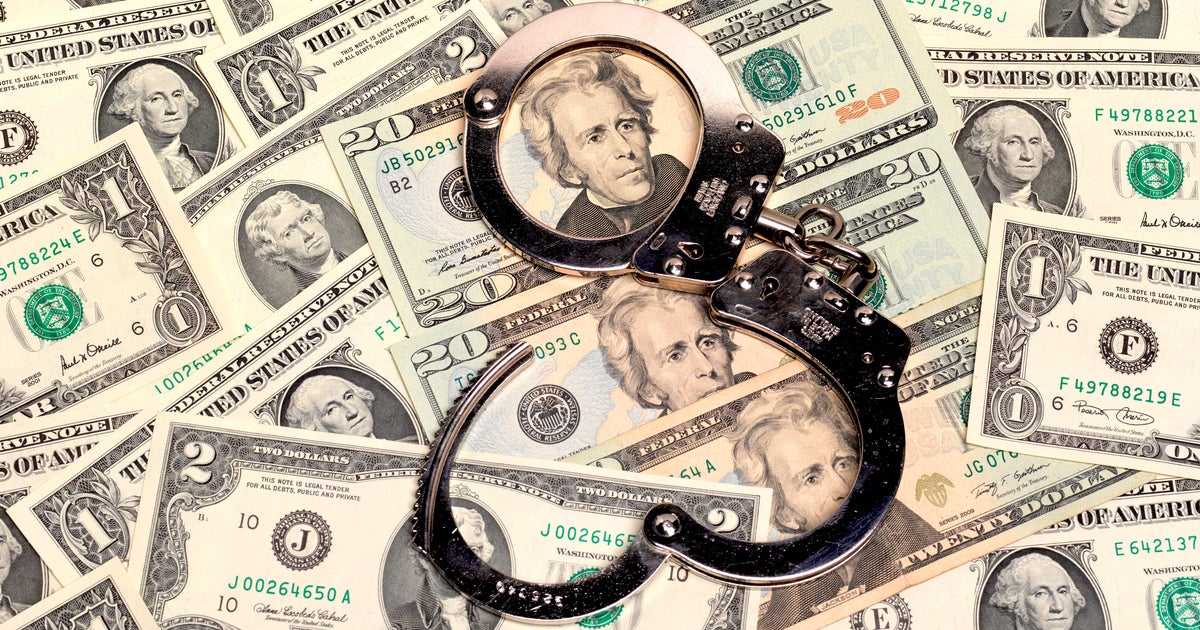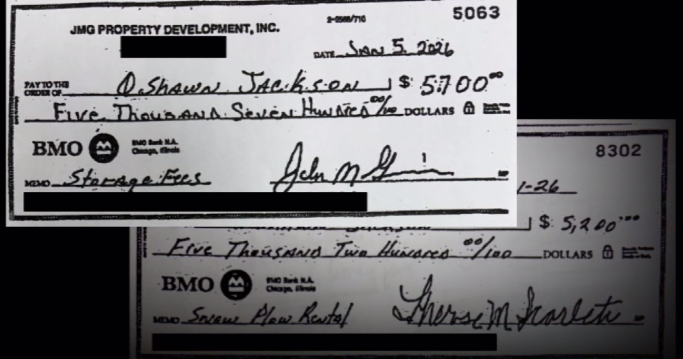After Equifax, how best to protect yourself?
As millions of Americans grapple with the huge data breach at Equifax (EFX), many are weighing whether to enroll in a credit-monitoring service, including the one offered for free by the credit bureau itself.
Google searches for "credit monitoring" spiked shortly after the hack was disclosed two weeks ago and have remained elevated since. LifeLock, a provider of identity and credit protection services, capitalized on the hack by warning on its website that: "You are 11 times more likely to be a victim of identity fraud if you are notified of a breach."
Equifax is providing its TrustedID Premier -- a premium level credit-monitoring service -- at no cost for a year until Nov. 21. The service -- typically $14.99 per month -- is open to all consumers, not just the 143 million Americans who had their personal data exposed.
These services promise to notify you every time a significant change occurs on your credit report. That can augment the protection you get from a fraud alert, which requires lenders to do more than their usual procedures to verify your identity and application for credit. ValuePenguin recommends all consumers to implement a fraud alert in the wake of the Equifax breach.
Yet credit monitoring is limited and -- even paired with an alert -- pales in comparison to a credit freeze, the most powerful tool you have against the threat of ID theft. Here's how to decide between freezing your credit or merely monitoring it.
What monitoring delivers
The big benefit of credit-monitoring is how quickly it can detect the opening of new unauthorized credit account -- usually within a day of its appearance on a credit report. By contrast, consumers have little ability to check their credit reports on such an ongoing basis, so many months could go by before they notice a new account on their credit report. Earlier detection allows consumers to take immediate action to dispute the account, request a fraud alert or credit freeze, and restore their credit file.
Credit-monitoring services run the gamut from freebies offered by credit companies and budgeting websites to more robust services with a monthly fee. The no-fee ones are especially limited because they don't audit your reports from all three major credit reporting bureaus -- Equifax, Experian and TransUnion (TRU). TrustedID Premier, the robust service that Equifax is currently offering for free, includes three-bureau monitoring.
Credit monitoring is effective only if you get updates on all three because lenders don't report to all bureaus. You could miss an unauthorized account on your Experian report if you just monitor your TransUnion and Equifax reports. For the free monitors to be useful, you would need to subscribe to multiple services to cover all your reports.
The damage-is-done drawback
What credit-monitoring doesn't do is prevent identity theft. It's an after-the-fact service that can help consumers with remediation efforts, but it does nothing to keep the damage from occurring. Only a credit freeze can prevent unauthorized accounts from being opened.
The other services that come with fee-based credit-monitoring also may help detect the misuse of personal information -- such as Social Security numbers, driver's licenses and addresses -- but whether they deter ID theft remains unclear, according to a GAO report released this year. The government agency could not locate any studies or data that assessed prevention effectiveness, and the providers of these services don't track it, either.
There is anecdotal evidence from former LifeLock CEO Todd Davis, who famously gave out his Social Security number to show his confidence in his company's services. But a 2010 report by the Phoenix New Times found that 13 unauthorized credit and noncredit accounts were opened in Davis' name, including a $500 loan, an AT&T wireless account and a Gap store card. Davis owed unpaid amounts to Credit One Bank, gift-basket company Swiss Colony and a handful of collection agencies.
To LifeLock's credit, the company helped its boss to clean up his credit mess. But the lesson from the report is clear: LifeLock didn't prevent all ID theft, even from its boss. In some cases, it didn't even detect it until the account went into collections.
LifeLock has also noted that a huge data breach -- like the one at Equifax -- could actually be a risk to the company. "Any such event could in turn result in a large number of identity-related events that we must address, placing severe strain on our operations," according to LifeLock's most recent quarterly filing. "Any failure in our ability to appropriately and timely process and address a large number of identity-related events taking place at the same time could result in a loss of members, harm to our reputation, and other damage to our business."
A caveat like that doesn't instill confidence. A company spokesperson said the company was unable to comment on how it expects the Equifax breach to affect its operations.
The bottom line
For most consumers, responding to Equifax means implementing two solutions. The first, for all consumers, is to place a fraud alert on your credit reports if you are an Equifax hack victim. If you leave a phone number, lenders will call you for verification. (Remember: An alert lasts only 90 days, so it will need to be continually renewed.) If the alert doesn't prevent a fraudster from opening an account, at least your credit-monitoring service will alert you.
Then there's a choice between signing on for credit monitoring or implementing a credit freeze, the ultimate lock on the misuse of your identity. You don't need both because a credit freeze ostensibly prevents any new lenders from opening fraudulent accounts by denying access to your credit report, a necessary step for credit approval.
Credit-monitoring offers a relatively easy way to continually track your credit reports, rather than pulling your own every few months for a fee. (You get only one free report from each bureau every 12 months.) The process isn't entirely painless because you'll need to sift through emails to verify that you did in fact open that credit card.
If you opt for credit monitoring, go for Equifax's free service since it's three-bureau monitoring, a level of service that typically comes with a fee. If you still want the service after the free period ends, you can decide whether to pay the monthly fee or triple up on the free services.
But if you want the ultimate in ID theft prevention, freeze your credit reports. A handful of credit experts and financial planners we interviewed also recommend this. The downside is you have to unfreeze your report if you plan to apply for a loan or credit card. That requires extra planning and comes with fees, ranging from $3 to $11 to freeze and unfreeze, which are not insignificant considerations. The upside, though, is you get maximum security.
This article originally appeared on ValuePenguin



